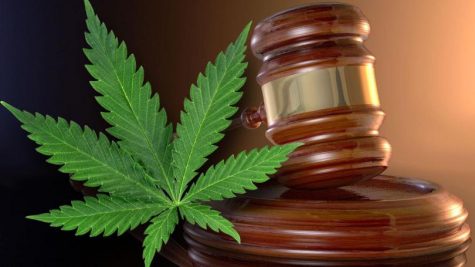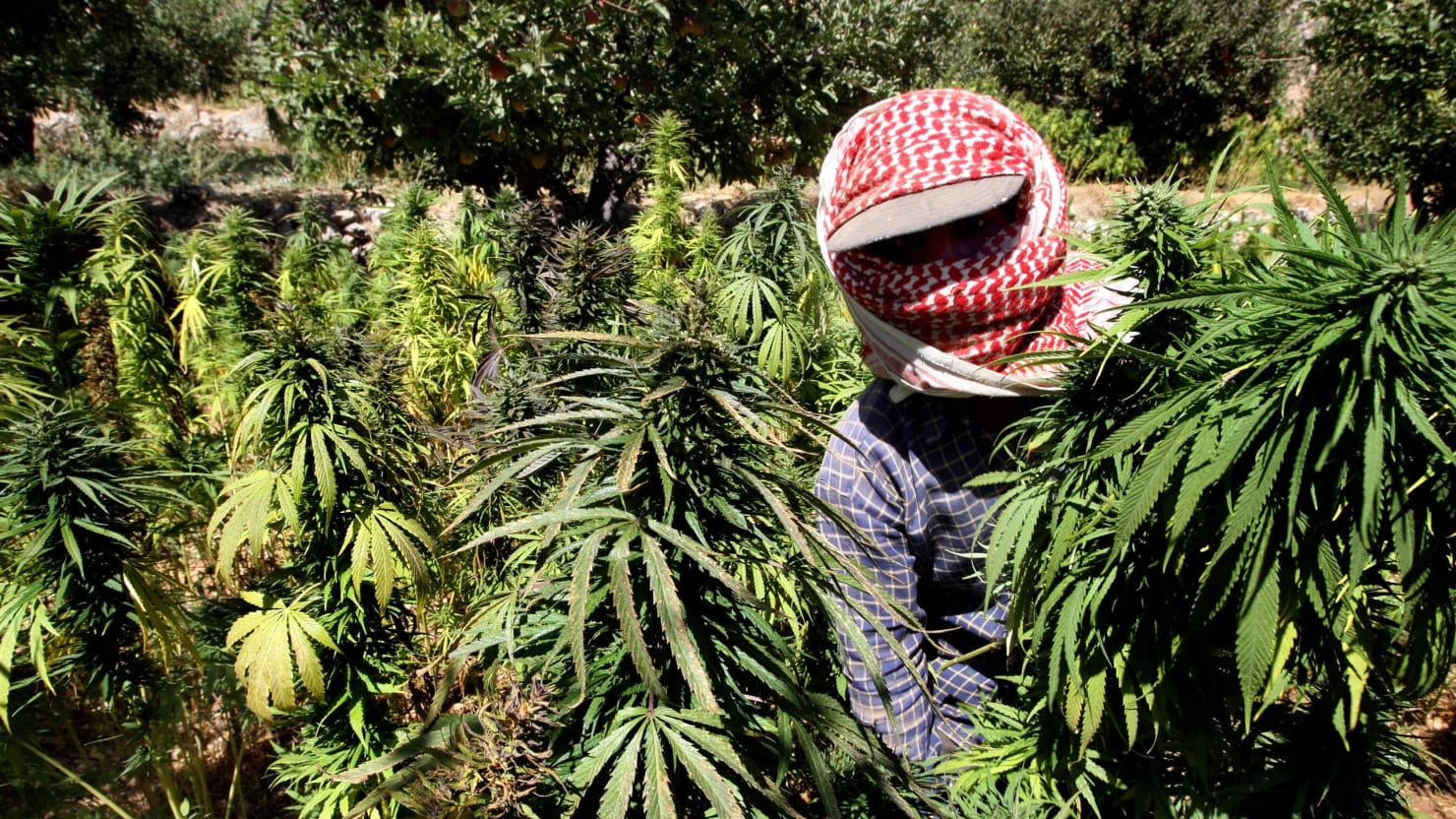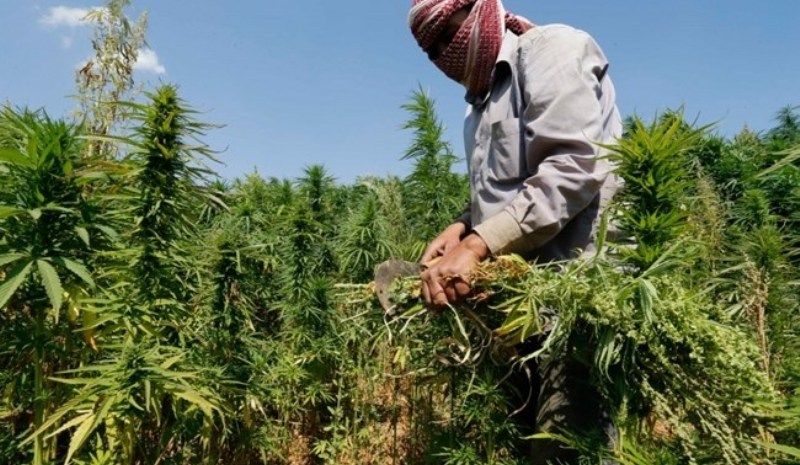Lebanon could legalize billion-dollar cannabis industry to save poor economy
According to the findings of the United Nations Office on Drugs and Crimes’ (UNODC) World Drug Report, Lebanon is one of the world’s top five producers of hashish
Cannabis reform is spreading far beyond the U.S. and Canada.
On Tuesday, July 17, Lebanon’s official news agency unveiled a plan proposed by Lebanon’s parliament to legalize the cultivation and production of medicinal cannabis. The plan was revealed to US Ambassador Lebanon Elizabeth Richard by House Speaker Nabih Berri.
Berri failed to disclose how long legislation will take, due to the fact Lebanon’s government has not been stable for years. The country’s debt-to-GDP ratio is 153 percent, making Lebanon one of the world’s most heavily indebted countries.
Legalizing cannabis would give the struggling economy an almighty boost and provide the unemployed with an opportunity to participate in a burgeoning industry.
Lebanon’s legal cannabis industry could be worth $1 billion
 Consulting firm McKinsey & Co. kick-started political support for legal cannabis cultivation in Lebanon after the firm compiled and delivered a 1,000-page report to the government.
Consulting firm McKinsey & Co. kick-started political support for legal cannabis cultivation in Lebanon after the firm compiled and delivered a 1,000-page report to the government.
Contained in the report’s contents are recommendations to fuel the exhausted economy. One of the main ideas is to utilize illicit cannabis farms as a fast solution to tackle Lebanon’s swelling debt.
The plan to legalize cannabis in Lebanon was endorsed by caretaker economy minister Raed Khoury. He believes that Lebanon could earn $1 billion in revenue if cannabis is legalized in this Western Asian sovereign state.
“The quality [of cannabis] we have is one of the best in the world,” Khoury said to Bloomberg.
With projections in the billion-dollar range, it’s no surprise that notable Lebanese politicians are endorsing the legalization of medical cannabis. As the head of the Amal Movement and the Speaker of the Parliament of Lebanon, Berrier is one of the highest-ranking politicians to support Lebanon’s legal cannabis industry.
Cannabis is being illegally cultivated in Lebanon

According to the United Nations Office on Drugs and Crimes’ (UNODC) World Drug Report, Lebanon is one of the world’s top five producers of hashish. Most of Lebanon’s cannabis supply is sourced from the Bekaa Valley.
Lebanon’s economy nose-dived shortly after a civil war erupted in the neighboring country of Syria. Not only could cannabis legalization deconstruct the black market but also, it could provide the owners of illicit cannabis farms with an opportunity to build wealth with medical cannabis.
“The Lebanese Parliament is preparing to study and adopt the legislation necessary to legislate the cultivation of cannabis and its manufacture for medical uses in the manner of many European countries and some U.S. states,” divulged Berri’s office.
Legalizing cannabis cultivation for medical purposes means that the Lebanese Republic could position itself as a pioneer in the industry at large. Furthermore, cannabis legalization is predicted to reduce unemployment rates.








